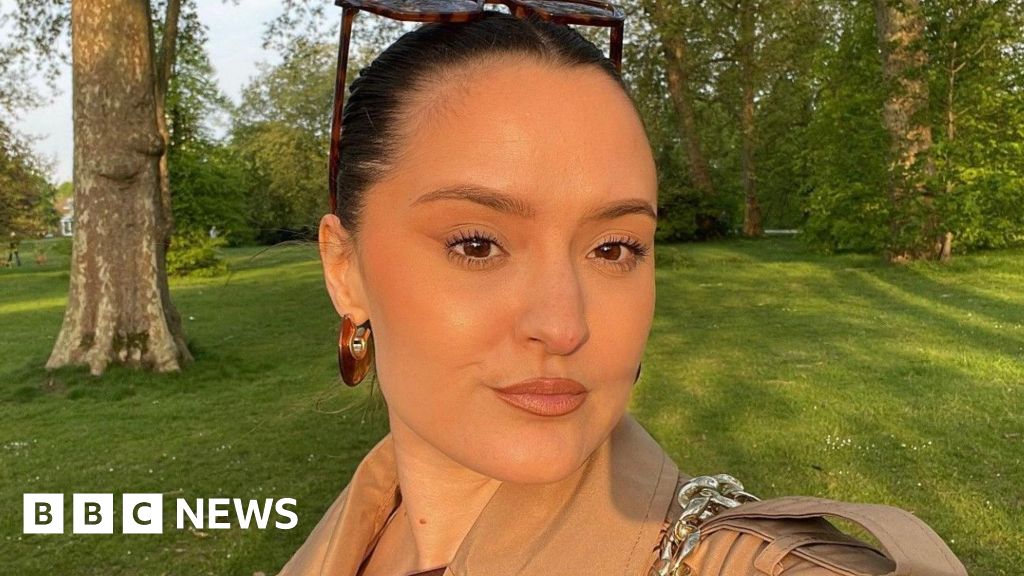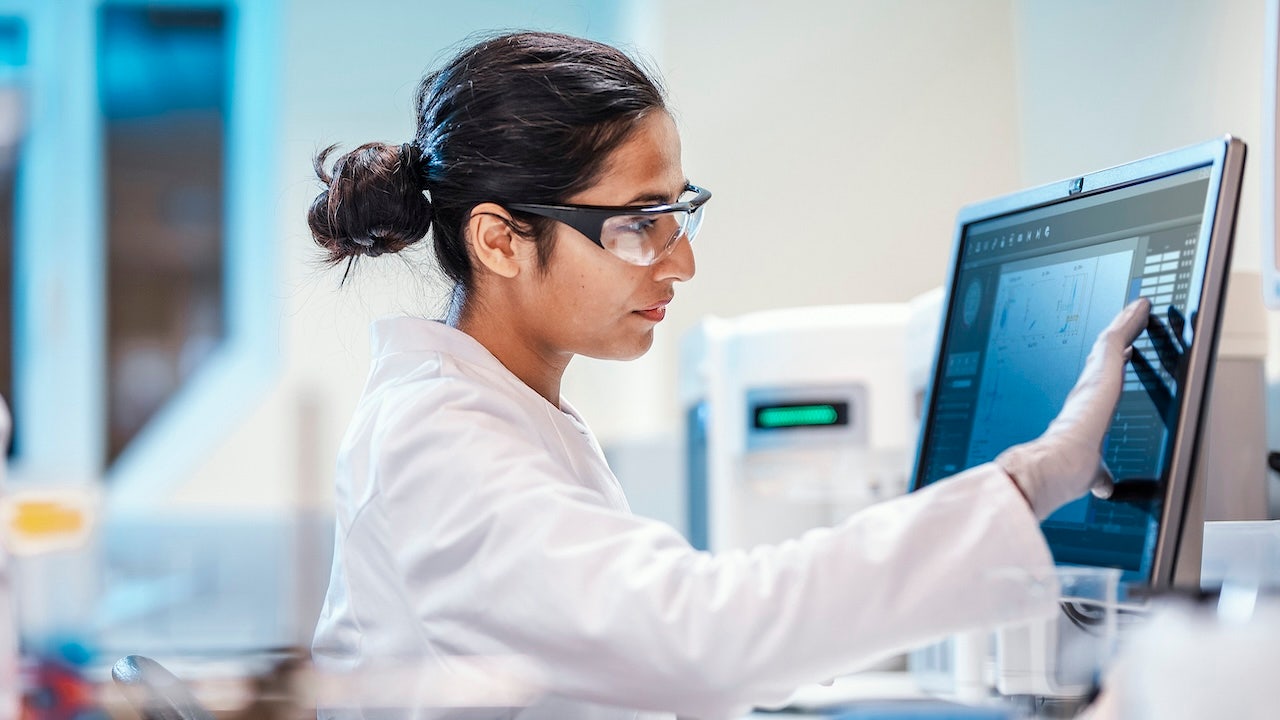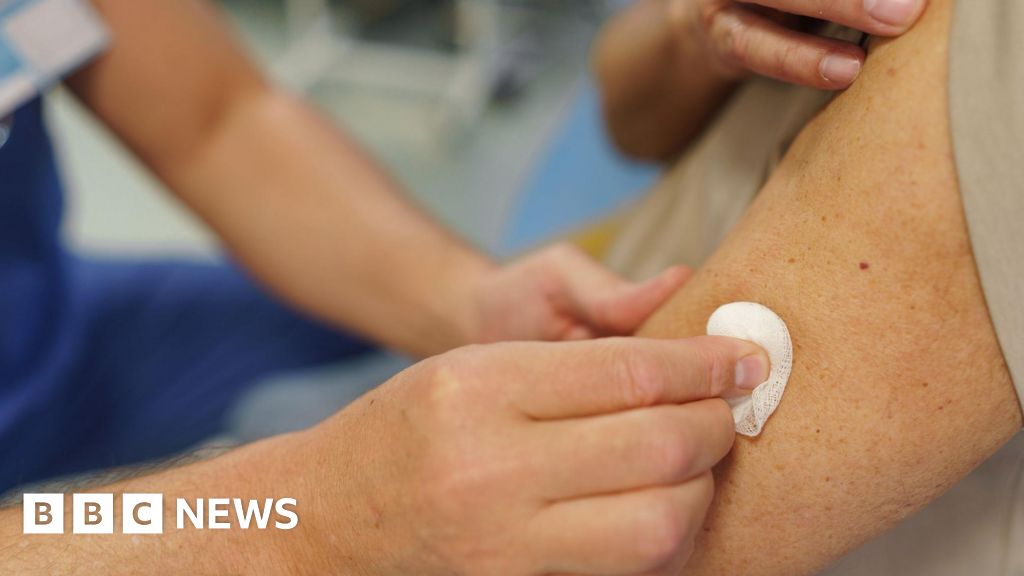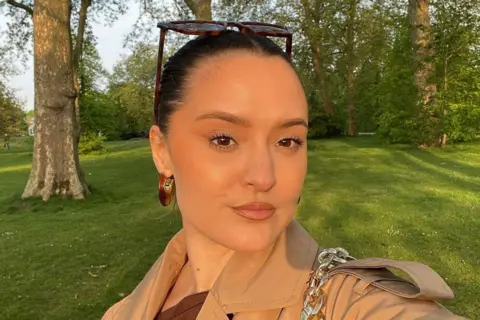 BBC
BBCWarning: This article contains details that some readers may find distressing
For survivors of sexual violence, even routine medical procedures can feel anything but routine. Smear tests – designed to protect – can instead retraumatise. To change that, a clinic in east London, now marking its 10-year anniversary, was created with rape and sexual assault survivors in mind.
Natalie was nervous about the prospect of cervical screening as her relationship with her body changed after she was raped in August 2021.
“When people say it changes your life, it really is true,” she said.
“For me, it kind of felt like dying which is also why I feel the link to surviving is so important, to draw that out.”
She said while it gets easier over time, it is still hard to talk about and live with.
“You might see a trigger that you weren’t expecting and then it might give you nightmares.”
Appointment in the dark
The attack had made her hesitant about going for cervical screening.
“My fear was that accessing this healthcare would feel like being raped again.
“I was really nervous that it might lead to self-harm or really poor mental health, and I wanted to help mitigate that.”
Natalie’s hesitancy was eased when she found out about My Body Back, a health clinic in Mile End Hospital specifically for people who have experienced sexual violence.
“At My Body Back, there were options we discussed,” she said.
“For example, I could administer the speculum for the cervical screening myself, which meant that nobody touched me.
“I also did the appointment in the dark, which was helpful for me as I find light can sometimes be over-stimulating when I feel particularly vulnerable.”

Ahead of the appointment, a psychologist spoke with Natalie to find out what she needed in order to be comfortable during the procedure.
“I was fully supported in saying what I wanted. It meant the experience wasn’t re-traumatising,” she said.
The experience also supported her broader journey of recovery.
“It helps you by reconnecting you with your body after you experience sexual violence.
“It was almost a trigger just seeing my body because it was like a reminder of where he’d been so when you access services like this, it can help you remind yourself that your body is yours.”
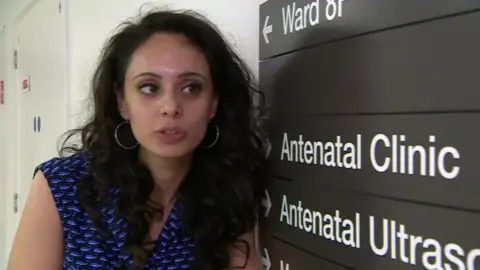
The clinic was the first of its kind in the UK when it opened in 2015.
It was set up by Pavan Amara, who was raped as a teenager.
Other than cervical screening, it also offers tests for sexual transmitted infections and some maternity care.
It runs once a month and is open to survivors across the country.
Its funding comes primarily from NHS England but also from donations to the My Body Back charity.
A second clinic in Glasgow was established in 2018, and the hope is for additional clinics to be established in the future.
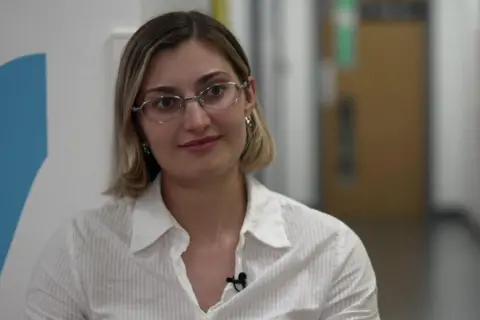
“Cervical screening is really important in helping to prevent cervical cancer,” says Dr Rebecca Lissmann, a clinician at My Body Back.
“The screening test is an intimate examination and, for some survivors of sexual violence, that can be really re-traumatising and that’s why it’s vital for this service to exist.”
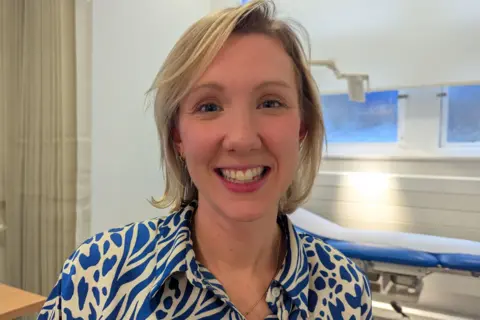
Dr Felicity Saunders, lead clinical psychologist, said: “At My Body Back we think, even from the moment that that person comes in, ‘how can we make this a safe place for them, giving them the time and attention they need’.”
If you have been affected by sexual abuse or violence, help and support is available at BBC Action Line.

